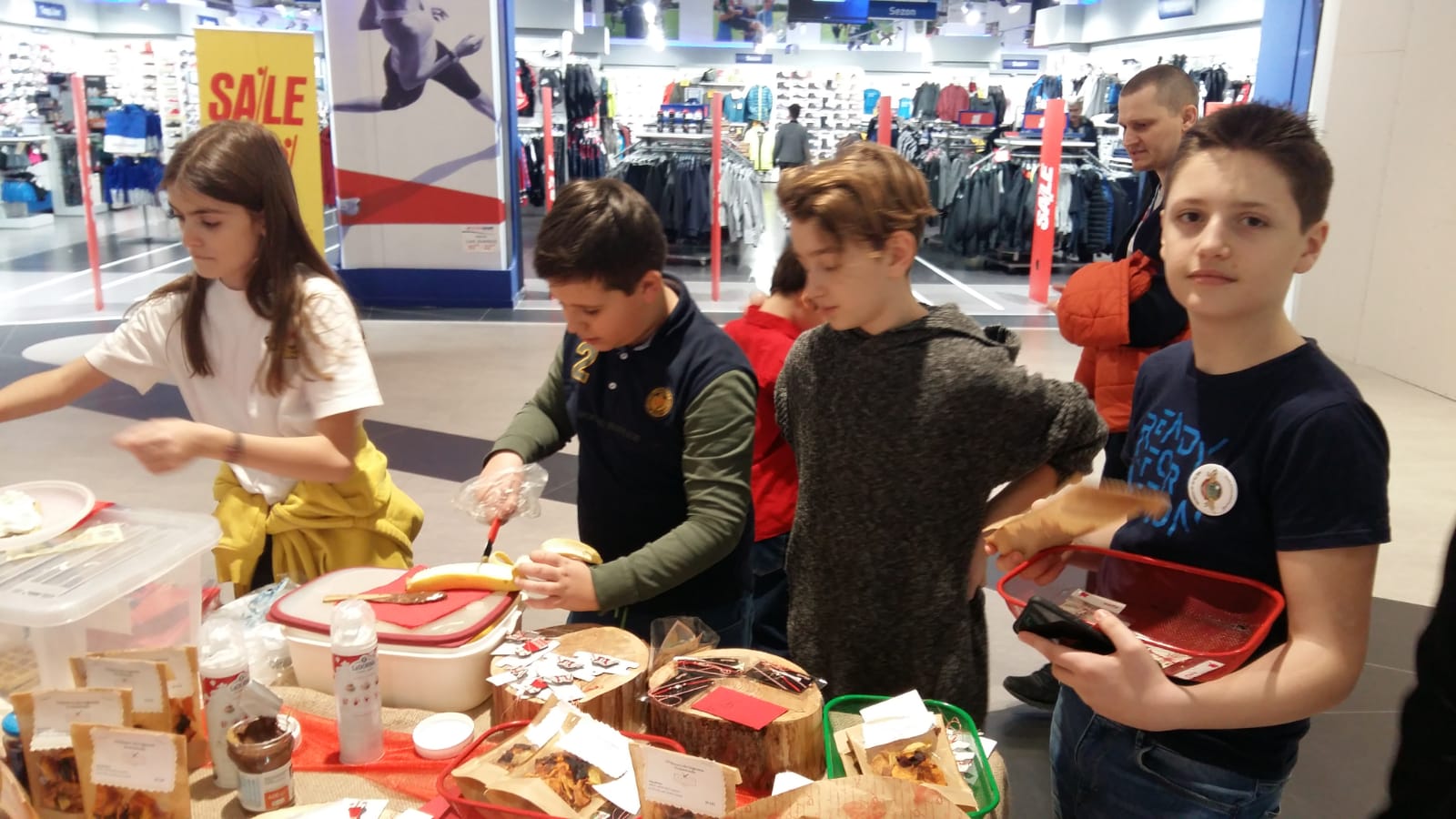
Home made education: Children and the value of money
Children's financial education begins at home. And as quickly as possible! That is why it is recommended that, from the first part of childhood, the little one gets to know information from the financial area, which will be of great use in the future. The best way to make your child understand more and more the value of money is to talk to him about it in a natural way, and involve him in real life activities that involve money.
Mom and Dad, the first finance teachers
It is no surprise to anyone that the father is, apart from a mountain of love and devotion for the family, also the best manager of it. Most often, the mother knows what food or hygiene products are needed in the house, knows exactly what lemons and honey are needed for lemonade, brilliantly plans outings in the city or weekend getaways, while the father keeps track of bills and expenses, the relationship with the bank and plans the big summer vacation.
For these reasons, we, the parents, are practically the first "specialists" who familiarize the child with money and its importance, teaching him elementary notions about the area of finances.
Teaching can be done more subtly and more through play at the beginning, and, as the child grows, much more concretely and through real situations in which money is involved. Thus, the parent will increase the chances that the future adult will be master of what money means, earning, spending and saving it.
The family budget, in the eyes of the child
In many families, discussions about money are done away from the children's attention. It's a fear in us parents, isn't it? The fear that money is something dirty, something that children should be kept away from as much as possible. On the contrary!
Mother and father should encourage the child to take part in activities related to money and budgets, involving him even more in family life. Thus, the child will have increased confidence in him and in his ability to make financial decisions. This will bring and reinforce to him a sense of satisfaction, that feeling that anyone feels when he completes a mission given to him by someone in whom he fully trusts.
These activities can be making a daily and weekly shopping list, followed by actually going to the store together. There the parent can make a foray through the shelves, explaining to the little one the differences between the prices and letting him choose the products himself. Later, the little one can be consulted when decisions are made related to the purchase of medium and durable goods, as well as other types of services.
The mother and father can also teach the child the necessity and importance of the economy of products and resources, but also the allocation of money to charitable purposes. Through his example, the parent will certainly leave traces in the child's mind and soul, so that he will know from an early age that good and beautiful things are done not only for yourself and your loved ones, but also for unknown people in need.
The difference between the child's wishes and real needs
One of the most challenging tasks is to help the little ones to differentiate between their desire to buy something and the real need to own that object, for example. The parent is also the first educator who can teach and support his child in establishing priorities in the field of money.
My recommendation is that, together with the little one, you make a list of the things and services that the little one wants, including, at the same time, their price. With tact, clarity and even a little humor, you can thus help the child to understand how and when they can be acquired, what are the necessary amounts to allocate to them and which of them are really a priority. In this way, the foundations of a mini-financial plan are laid, which will be a real source of inspiration for the child.
Educating your child financially is just as important as taking care of their health!
Carmen Iorgulescu, KEN Academy coordinator, for EverythingDespreMame.ro
